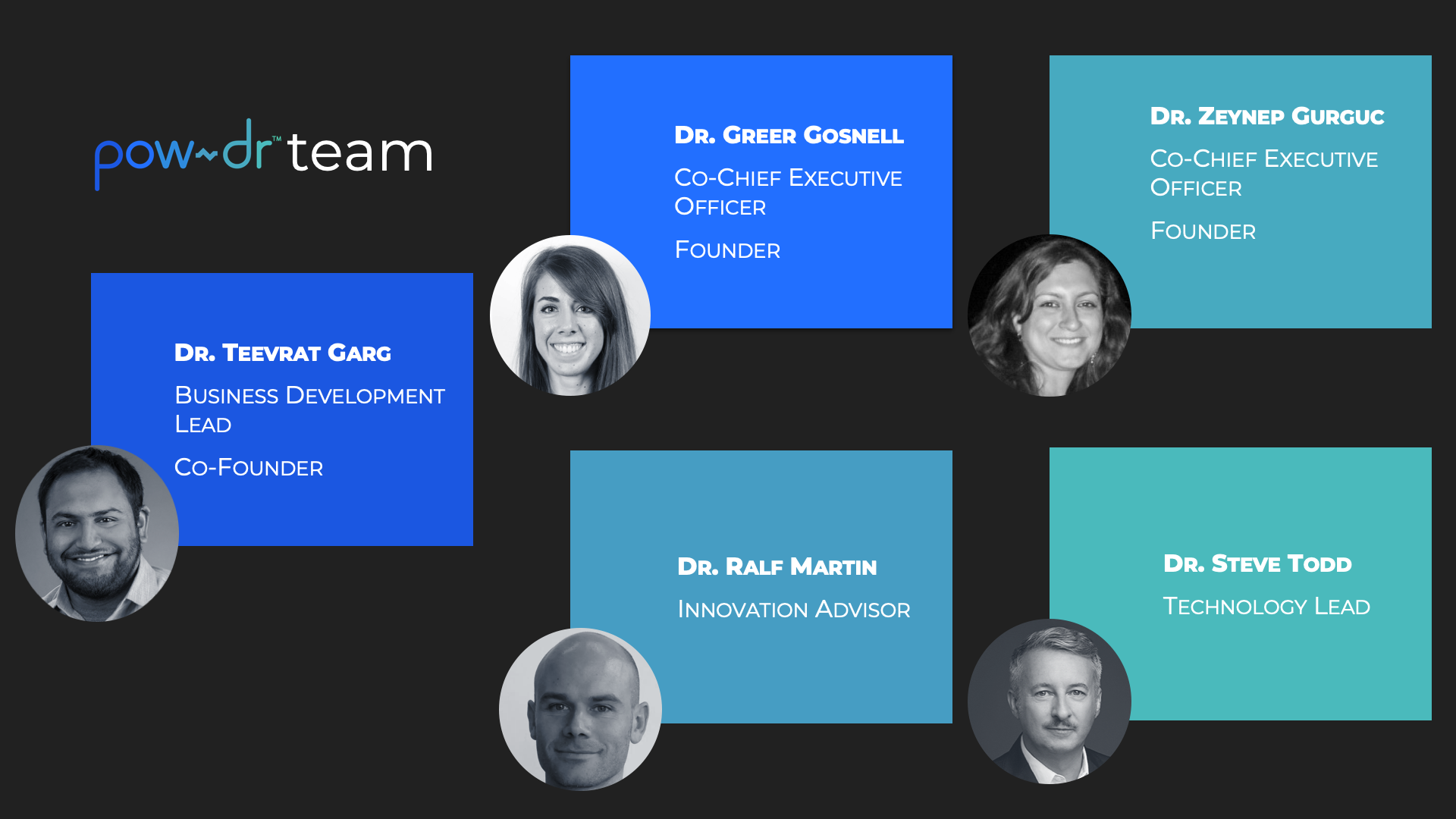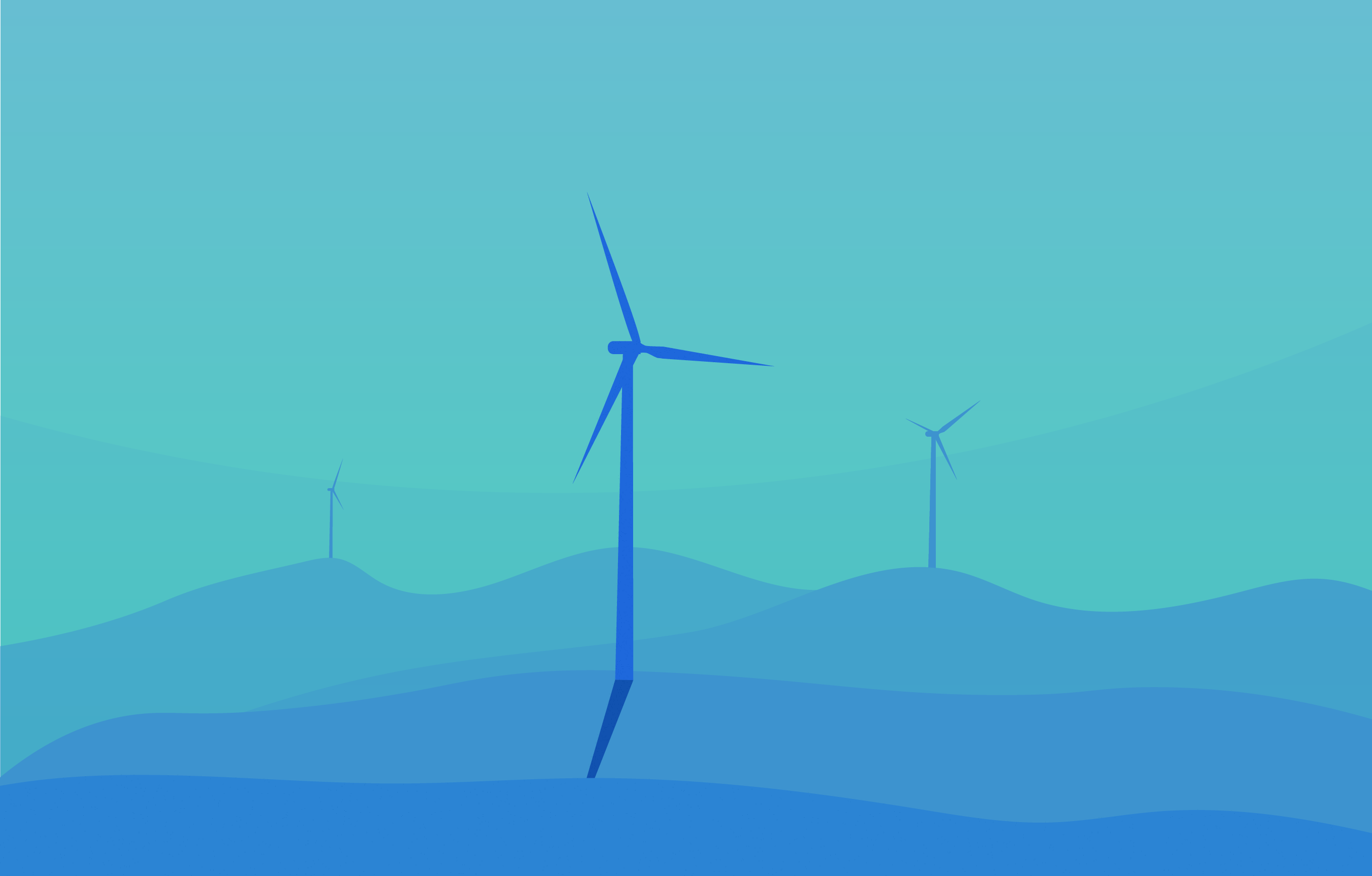Our team began as academic collaborators at Imperial College and the London School of Economics. We founded pow-dr after five years of research into the technical feasibility of what has now become our product. We continue to develop pow-dr using approaches backed by behavioural science – always putting users first.

We make it exceptionally easy for our users to reduce their energy costs while supporting their local renewable energy transition. Our inexpensive technologies and personalized algorithms automatically reduce flexible electricity use in homes and businesses, helping users to avoid paying high electricity costs while playing a critical role in reducing local outages, air pollution, and greenhouse gas emissions.

At pow-dr, we follow the "test, learn, adapt" framework. Read about how the founders' early pilot research in the UK and India has paved the way for commercial development and continues to inform our approach.
The story of the pow-dr team's journey from co-authors to co-dreamers, and ultimately to co-founders.
If you’re looking to understand the experience of piloting a new residential energy technology in partnership with an Indian DISCOM, we offer one such anecdote in this blog post, along with lessons we drew from the experience.